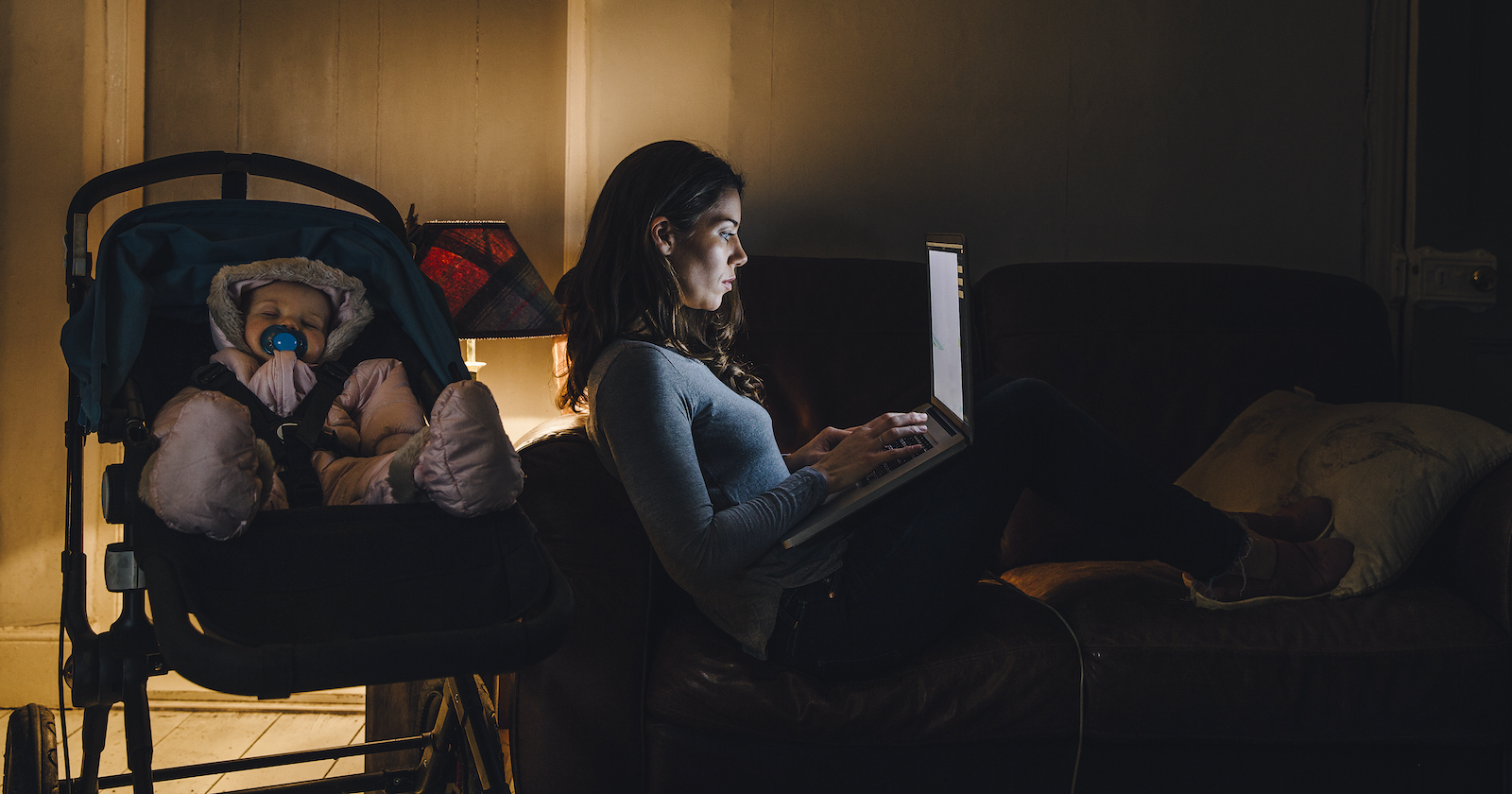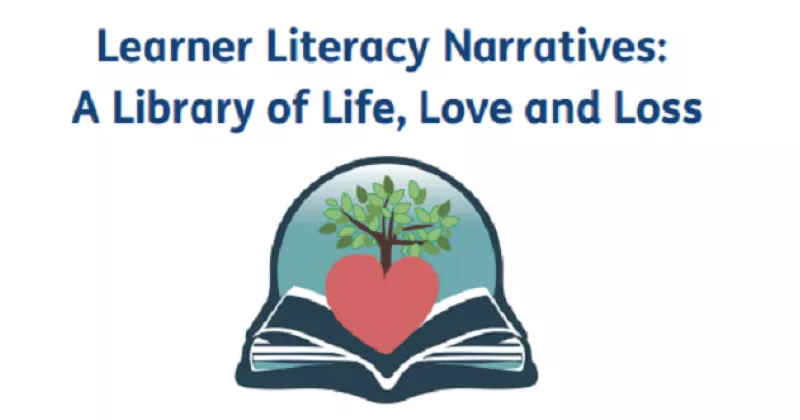Integrating caregiving, parenting and lifelong learning: reflections for an ageing Europe


Europe is ageing: according to Eurostat, in 2021 about 20% of the EU population was 65 or older. More than 40 million people are engaged in informal care on a regular basis. In addition, 29% of households in Europe have children. These figures show that a significant number of Europeans are involved in caregiving and parenting.
What does this mean for adult education from a lifelong learning perspective? How can we better support carers and parents? What role can the EU play? The COVID-19 pandemic exacerbated inequalities and put additional burdens on the shoulders of parents and caregivers, especially those from disadvantaged backgrounds. These are, therefore, questions that we cannot ignore (anymore). In this blogpost, I will try to address the critical intersections between the universe of caregiving, parenting and learning.
Caregiving and parenting: the hidden potential of informal learning
While caregiving and parenting, people are confronted with new situations and experiences: they learn to juggle multiple tasks at the same time, resolve unexpected problems, develop empathy and communication skills. These skills are soft and transversal competences – as illustrated by the LifeComp framework - that not only contribute to the personal growth of carers and parents, but are also very relevant in other contexts, both in the labour market and in society at large. Still, the informal learning that occurs is neither seen, nor valued.
Building pathways for the validation of these skills is instrumental to make people aware of their unique potential. It is important to recall that this is a gendered issue: caregiving and parenting duties fall disproportionately on women, and too often this crucial work is unseen, unpaid and unrecognised. Valuing the competences gained by caregiving and parenting is an important step to counter these dynamics. Forma.Azione, in collaboration with EAEA, is leading Move-UP, a recently launched Erasmus+ project on this topic, focusing on motherhood, soft skills and labour market insertion: several tools will be developed to support the validation process. More information will be provided soon.
Building safe spaces for learning
Caregiving and parenting can also open the doors of non-formal education. Families and informal care networks, in fact, can become safe spaces for everyone to engage in new learning experiences. All parents and caregivers should be given the opportunity to embark in tailored educational programs to expand their knowledge, acquire new skills and broaden their horizons. The benefits are countless: health education could result in better care outcomes, digital skills trainings can help parents in approaching technologies safely for kids, financial education can support better family budgeting, etc.
In addition to knowledge and competences, there is one key aspect that should not be forgotten. Namely, education has the power to forge new, meaningful, lifelong relationships, strengthening communities and support networks. The social dimension of learning is, thus, conducive to greater well-being and improved mental health – important factors considering the distressing situations that carers and parents may face.
Moreover, the positive effects of parents’ participation in non-formal education will spill over into the children’s achievements in formal education. Thanks to non-formal education programmes, parents with a migration background, for example, can get the tools they need to navigate the education system, such as language skills. But learning does not have to be a solitary enterprise: adopting a dual- and multi-generational learning approach, families, carers and care recipients can explore together areas of mutual interests, while enriching their relationships.
Removing the barriers to lifelong learning
Even if the advantages of adult education programmes are evident, participation in lifelong learning is still hampered by numerous factors. As the OECD reported, lack of time due to family obligations and financial restraints remain prominent among the main barriers that prevent adults from engaging in adult learning. Also, other personal and psychosocial factors to which caregivers and parents are more prone to be exposed - such as protracted stress, lack of self-confidence, and anxiety – can negatively impact on their motivation.
How to address these issues? One-size-fits-all solutions are unlikely to be effective, both for the considerable differences between parenting and caregiving pathways and for the intricate intersection of several layers of inequalities, especially those based on gender and socioeconomic status. The local community context, as well as the state of health and social care, can inform these reflections.
Policy-makers should design, together with parents and carers, a wide range of policies to foster a supportive learning environment for all. This toolbox, considering the diversity of parenting and caregiving conditions, should include instruments focused on the time (e.g. vouchers for child- and social- care; paid leaves from work), financial resources (e.g. tuition fees waivers, training subsidies, expanded Individual Learning Accounts), while reinforcing general education, social and health policies (e.g. child allowances, high quality and free-of-charge childcare services, reinforced formal (home) care networks). Furthermore, flexible and online programmes, such as micro-credentials, can offer suitable learning opportunities, meeting the needs of parents and carers.
Lifelong learning for parents and caregivers: a collective responsibility
These ambitious objectives require, however, a collective effort: from educators and teachers to policymakers and social partners. Effective stakeholder engagement plans are critical for the success of these initiatives.
The vast majority of Europeans were, are or will be parents, caregivers or care recipients at some point in their life. It is, therefore, imperative to deliver a new paradigm reconciling family obligations, caregiving and lifelong learning. By factoring for adult education in the difficult equation of work-life balance, the EU can offer a new, holistic perspective on parenting and caregiving, improving the daily lives of generations of Europeans. This is a monumental task, but one that we cannot turn away. We owe it to the hard-working, dedicated and loving parents and carers of today and tomorrow.
Related resources on EPALE
On validation of skills:
On family learning:
On the potential of non-formal education for social inclusion:
Comments
Bardzo ważny temat…
Bardzo ważny temat. Opiekunowie nieprofesjonalni często podejmują działania wymagające specyficznej a czasem nawet specjalistycznej wiedzy. Oferta edukacyjna, ta specjalistyczna, nie jest dla nich zbyt rozbudowana. Zdecydowanie jest to grupa wymagająca rozwiązań dopasowanych, pod względem merytorycznym i organizacyjnym. Istotne są tu także bariery finansowe. Mam jednak wrażenie, że o ile rodzice są "zaopiekowani edukacyjnie", to osoby świadczące opiekę osobom zależnym są pod tym względem mocno zaniedbane. Mamy tu dużo i do przemyślenia i do zrobienia.
Thank you for raising this…
Thank you for raising this important issue. After all, new skills brings us new opportunities, and engaging in adult learning is a privilege. Having less time or lack of support to use such opportunities limits our future options.
It is interesting that while women participates more in education and training according to the EU statistics, men engage more in work-related training https://eige.europa.eu/publications/gender-equality-index-2019-report/l…
This article also points out to the correlation between better sharing of care responsibilities within a family and a higher engagement in lifelong-learning activities by both women and men. And "The availability and affordability of formal childcare services are similarly important factors, as Member States with a higher provision of formal childcare for children below 3 years of age also had greater participation of women and men in the labour market and in lifelong-learning activities.".





A család mint biztonságos…
A család mint biztonságos tanulási tér számomra el teljesen új perspektívát nyit, generációkon átívelve, ha jól csináljuk.